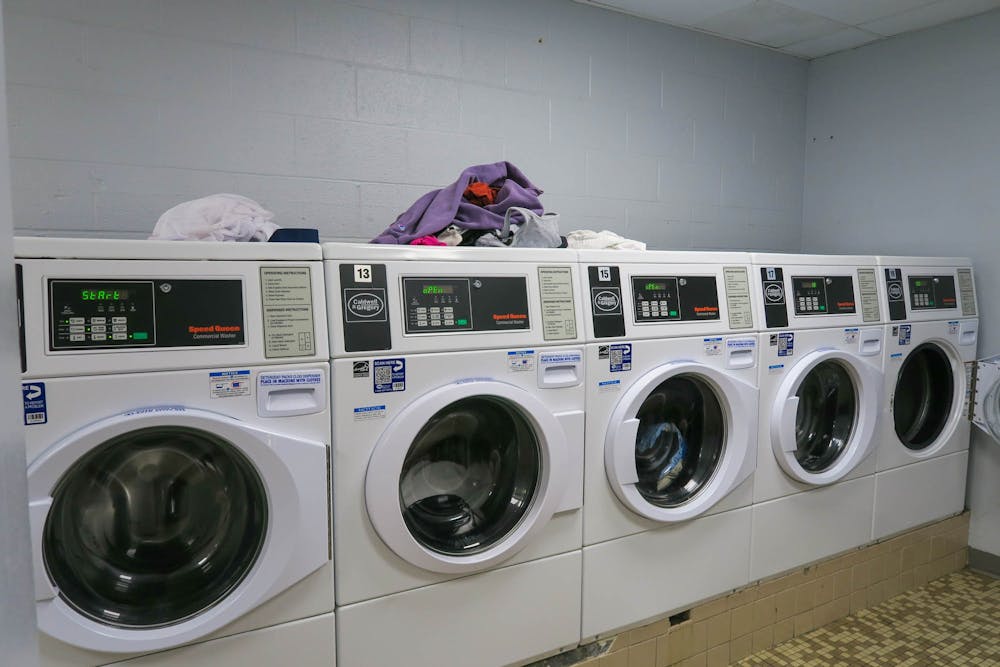Finally, you left your house and began living on your own. Or, did you?
A 2013 study of 7,000 students shows that only have 9 percent of undergraduate and 18 percent of graduate students actually live alone. And students don’t seem to want to live alone, either — only 15 percent say it is ideal.
Having a roommate is a normal part of many college students' experiences, and many students have experienced living in college residence halls. Every shared living space in a residence hall has certain rules — explicit or unspoken — that students are expected to follow. Being aware of those informal responsibilities can be the key to your and others’ happy and harmonious college lives.
Dorm rooms
Privacy and personal space can feel almost nonexistent in a traditional dorm room. A 2022 study found that nearly half of students surveyed aged 19 to 22 "reported 'frequent' or 'occasional' conflict with their roommates or housemates.”
To reduce tension, roommates should avoid loud activities that would disturb others from work and rest. It also means asking for permission before inviting someone over for an extended period.
Another study reported that 94 percent of college students are sexually active, and "sexiling" is a notorious problem in college dormitories. Whether you are sexiling or getting sexiled, it is necessary to communicate with your roommate and avoid any awkward situations.
Their consent and comfort are as important as yours. Being locked out of your room isn’t fun. So, don’t take your roommates' “yes” for granted.
Messiness is another common complaint in dorm living situations. Make sure to clean up after yourself and keep shared spaces clean. This means taking out the trash and committing to the chores you agree to split with your roommate.



